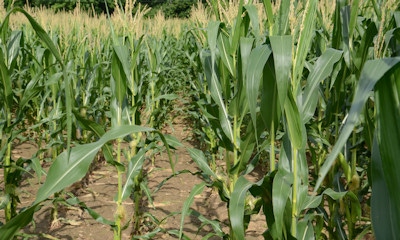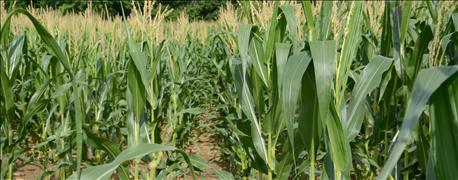
It’s not often that you find legislators actually looking down the road to head off problems that aren’t even problems yet. One such case, however, occurred this session. The Indiana General Assembly took action aimed at letting the Indiana Department of Environmental Management know that it shouldn’t develop or try to enforce rules on farmers and others that are tougher than standards set by the federal government.

WATER QUESTIONS: If EPA backs off WOTUS will Indiana Department of Environmental Management step in?
Justin Schneider, an attorney and lobbyist with Indiana F arm Bureau, Inc., watched closely as this bill worked its way through the Indiana General Assembly. Ideally, legislation would have passed that would have simply stated IDEM can’t make or enforce tougher standards than federal standards when it comes to environmental regulations.
What legislators came up with instead was language that reads this way. Any rule proposed by IDEM that is more stringent than a federal standard must first come to the Indiana General Assembly. It can’t be enforced until after the session of the Indiana General Assembly adjourns.
Related: Where the WOTUS bill stands today - tied up in court and not yet implemented
The intent is that the Indiana General Assembly would have an opportunity to act and pass legislation that would change the direction of the issue if the legislature felt IDEM was overstepping its bounds.
Schneider says federal regulations like the waters of the United States act have people thinking about ‘what ifs?’ in this area. Right now the WOTUS rule at the federal level is in the courts. No decision has yet been rendered, so it can’t yet be enforced. However, some fear that if it is upheld and enforced, it may affect how some farmers can operate.
“Right now we have a good working relationship with IDEM, and have for several years,” says Katrina Hall, director of legislative services for Indiana Farm Bureau, Inc. “What the legislation was about is looking down the road. If at some point IDEM is headed by people that have different views about agriculture, there should be something in place that prohibits them from going farther than federal regulations already go.”
This legislation, introduced by Dave Wolkins, R, Warsaw, in the House, makes the intent of the legislature clear. “We have worked with Wolkins for several years to get this kind of legislation,” Hall notes. “It clarifies that policy issues should be decided by the legislature.”
WILL EPA STEP IN? WOULD IDEM STEP IN? Here is the same area of a cornfield. It’s a swag without an adequate outlet. Water can stand there (left photo) in a wet spring. Once it dries out, note the healthy corn, although thinner stand (right photo). It still produced a reasonable amount of corn. Even if the EPA gets power to enforce WOTUS, if it doesn’t decide this is an area to regulate, Indiana Farm Bureau wants to make sure IDEM couldn’t decide to regulate it on its own, going farther than EPA. Legislation passed this session would give the General Assembly a chance to act before that happened.
About the Author(s)
You May Also Like




